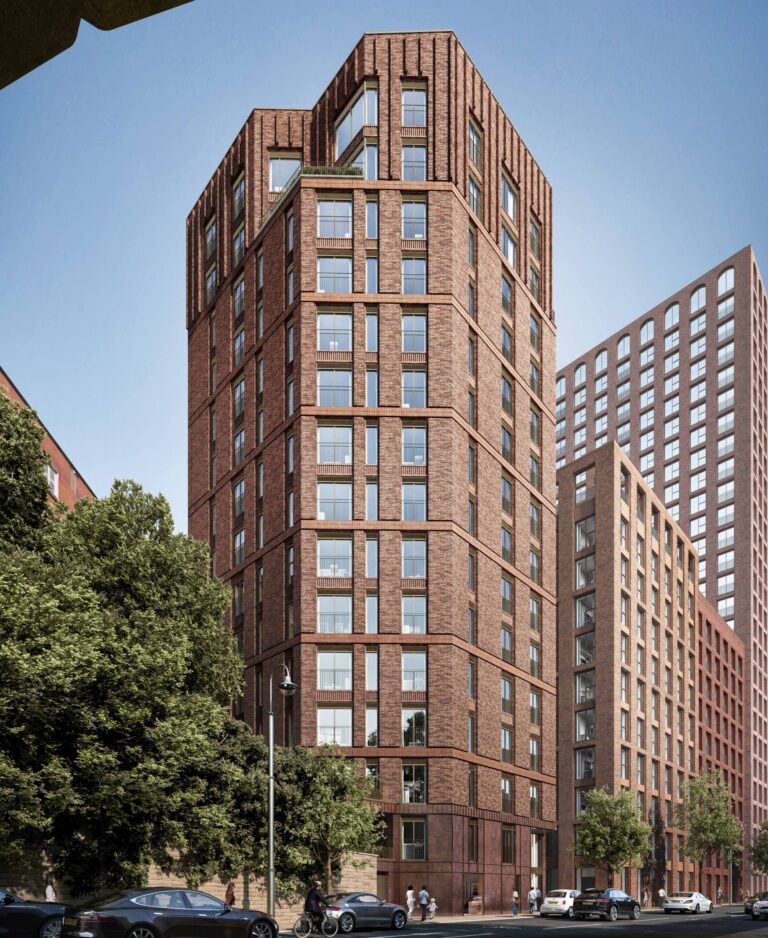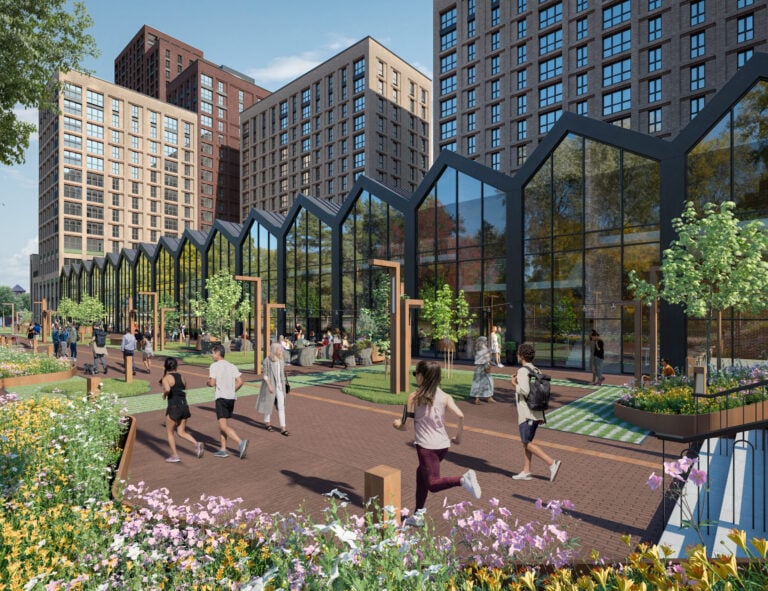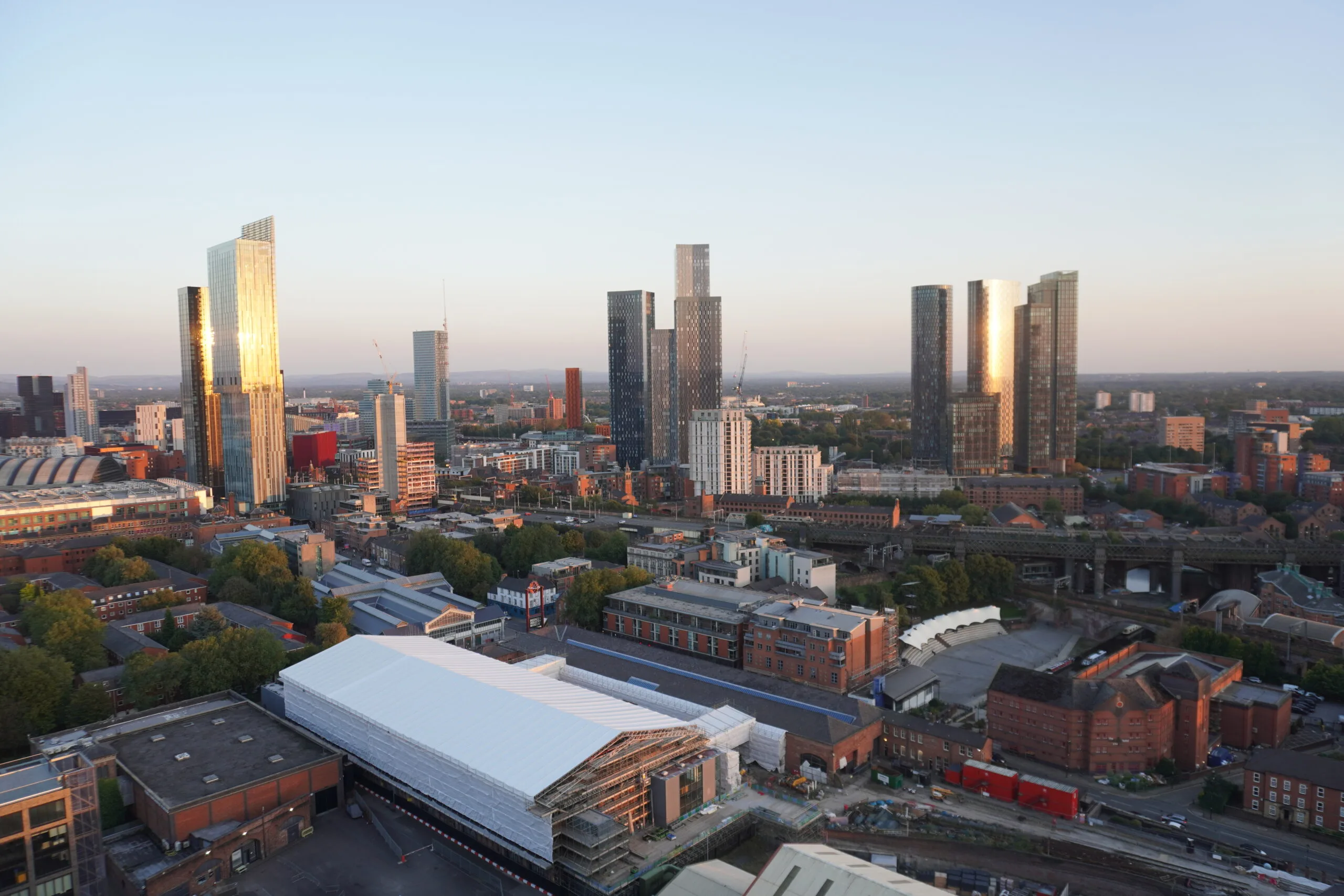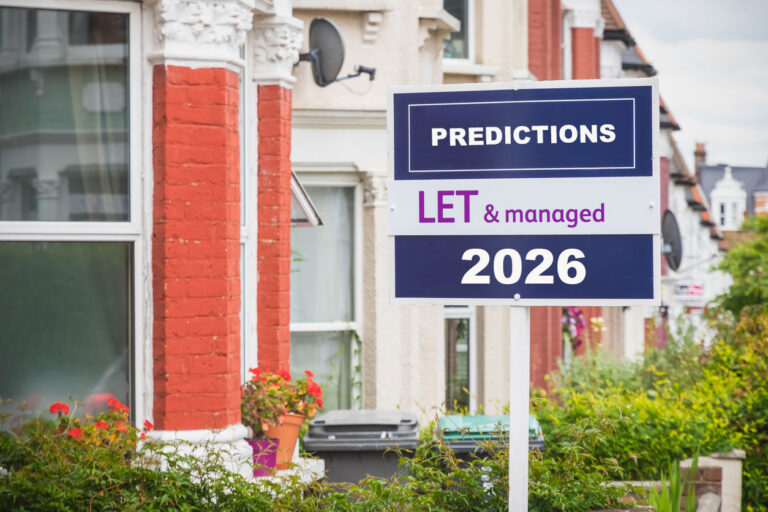The short answer is: it depends where you live, and the question of whether to buy or rent often comes down to your personal circumstances.
It is widely known that UK house prices have inflated at a speed far greater than wage growth over the past several decades, with the income to house price ration more than doubling since the 1970s. This has made getting onto the property far more difficult today than it was 50 years ago, putting the decision on whether to buy or rent into the spotlight.
This has widely led to the ‘bank of mum and dad’ often footing the bill, as many lenders will only lend around four or five times your salary; while for others, renting for an extensive period before buying, or even foregoing homeownership altogether, has been the answer.
This has created a continuous rise in the number of people renting in the UK, boosting demand for buy-to-let property across the country. Property investors and landlords have seen their yields increasing particularly in the past few years as housing supply falls short of tenant demand – but this has also tipped the scale of affordability for those deciding whether to buy or rent.
Buy or rent: the cost difference
New research posted by Hamptons reveals a distinct levelling up between the cost of buying versus renting; meaning that the choice on whether to buy or rent lies more than ever with personal lifestyle preferences, such as opting to live with friends in a shared property, or using renting as a ‘try before you by’ way of getting to know a new area.
The report states that due to mortgage rates now hovering around an average of 5%, monthly payments on an average 90% loan-to-value (LTV) mortgage are now equivalent to rental costs.
First-time buyers with a 10% deposit are now paying an average £1,328 per month on their mortgages, while tenants are paying an average of £1,356 per month, so slightly more.
Going back to the early 1990s, when mortgage rates were as high as 15%, the average monthly mortgage payments on 90% LTV was £649, which was nearly double the cost of renting at £358 per month. Falling interest rates over the ensuing years made buying the cheaper option than renting, creating a boom in homeownership.
Where to buy, where to rent
The equilibrium now being faced by those deciding whether to buy or rent is slightly different depending where you are in the country, though, according to Hamptons which nods to the north-south divide in the UK housing market.
For example, in London, renting has been more affordable than buying since July 2022, with monthly mortgage payments currently averaging £2,370 compared with £2,255 for renting – a £115 difference favoured towards tenants. The capital has a huge rental sector, in part due to its high property prices as well as the general demographic of young professionals as well as international residents who prefer to rent rather than buy.
However, in the north of England, buying a property tends to be cheaper (when comparing the average mortgage cost with a 10% deposit). For example, in the North East, homeowners can be as much as £146 per month better off than tenants, while in the North East buyers save £126 compared with renters when looking at monthly outgoings alone. The choice between whether to buy or rent can therefore come down to cost comparisons in different areas.
Hamptons links these trends to mortgage rates: “Our research indicates that the mortgage rate required to equalise the monthly cost of renting and buying tends to be lower across the south of the country than further north. While Londoners with a 10% deposit require rates of around 4.6% to equalise the cost of renting and buying, further north, mortgage rates could rise above 6.0% to make buying as expensive as renting.”
The pros and cons
So how do you decide whether to buy or rent? Cost is of course a huge factor, but there are multiple pros and cons to take into account when making the decision.
The upsides of homeownership include additional security; freedom to do what you want with your property; an investment in the future thanks to capital appreciation; more control over your payments with fixed rate mortgages.
However, some of the disadvantages include the major financial commitment required, which can be restrictive in terms of saving for a deposit; fluctuations in the local property market in the short term; additional costs to factor in such as buildings insurance and maintenance/repairs; and less flexibility to move for employment or a change in personal circumstances.
At the same time, tenants can benefit from additional flexibility to move house more regularly if required; zero maintenance responsibilities; and the option to live in a better location than you might otherwise be able to afford. It is also more straightforward to live with friends, or even strangers in a shared house.
But some of the downsides to renting include lack of investment in your future as you do not own bricks and mortar; having to follow tenancy rules which might restrict what you can do with your home; potentially rising rents; and less security, such as if your landlord decides to sell.
Choosing whether to buy or rent can therefore depend on multiple circumstances and considerations. As can be seen from the research, whether you buy or rent, your monthly outgoings right now are likely to be very similar.










